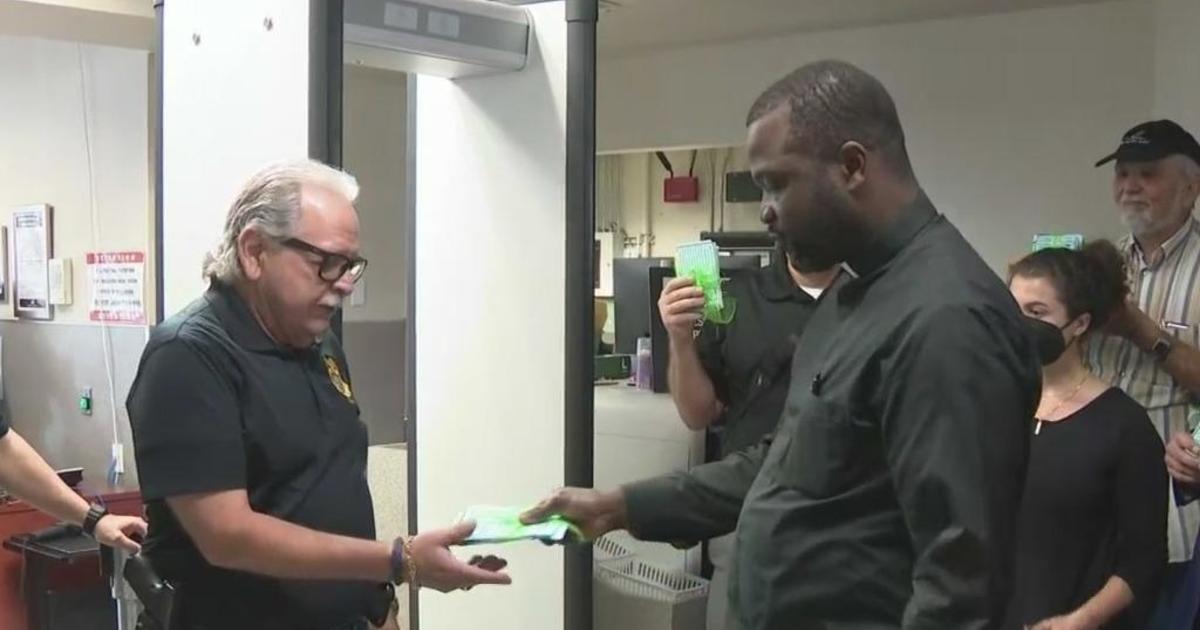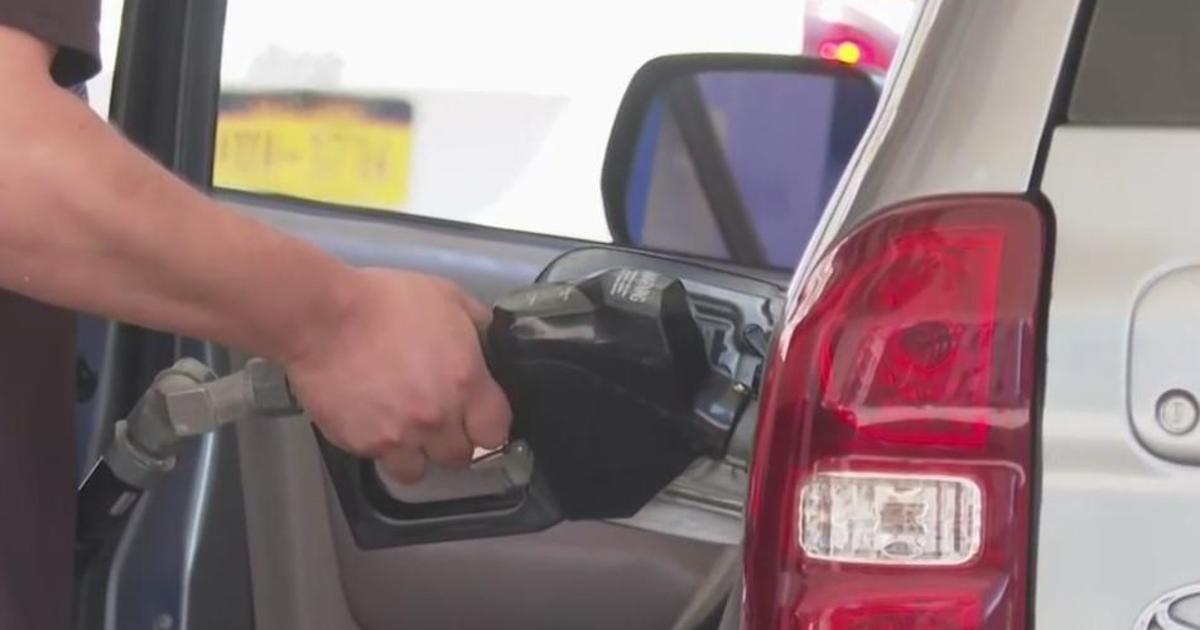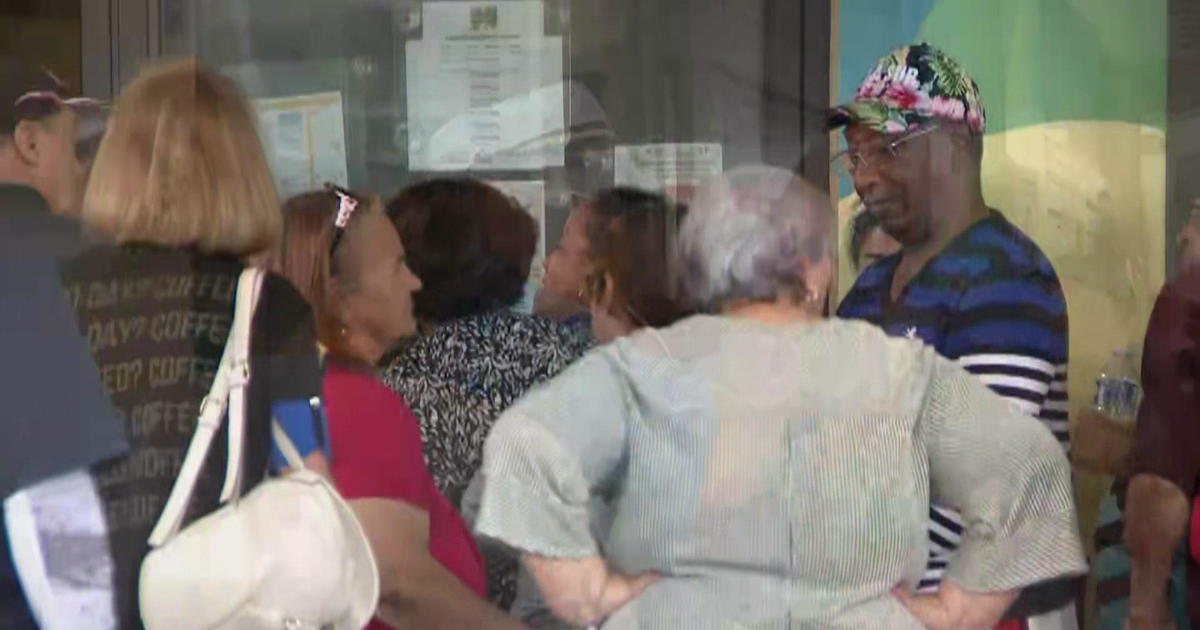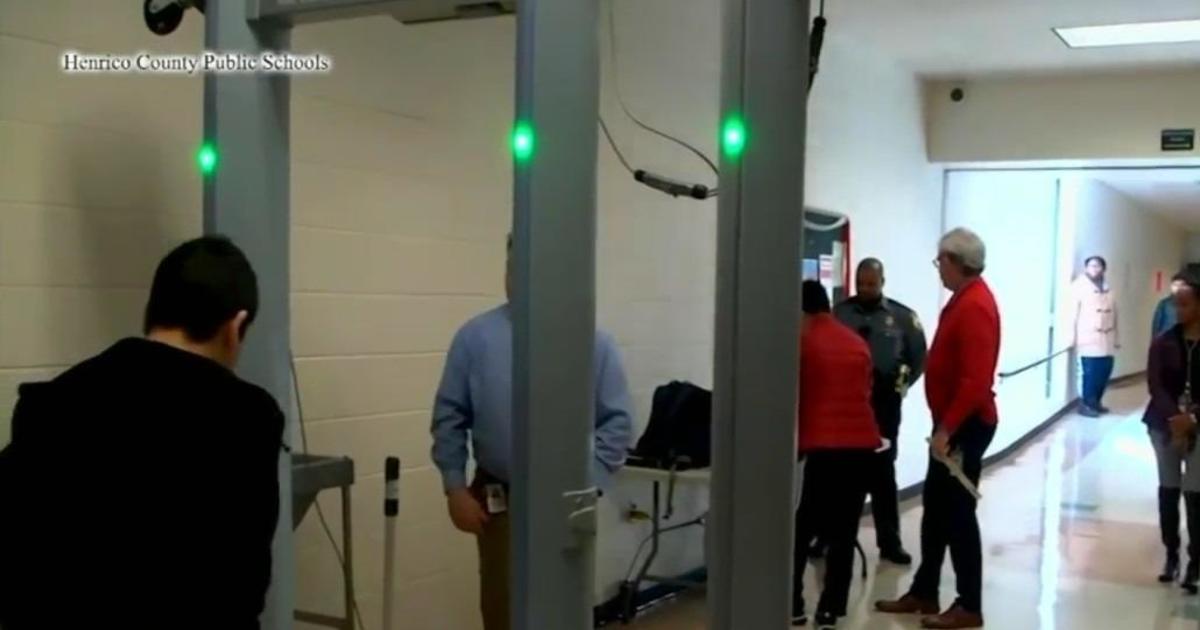Complaint: Broward Pre-K Providers Discriminate Against Diabetic Kids
TALLAHASSEE (CBSMiami) – Are Prekindergarten programs in Broward County violating federal law by refusing to accept children with diabetes?
That's the allegation in a complaint filed this week with the U.S. Department of Justice by the Southern Poverty Law Center.
The center filed the complaint on behalf of the American Diabetes Association, calling for a federal investigation into the state's "failure to ensure access" to publicly funded pre-K programs for 4-year-olds with diabetes.
Southern Poverty Law Center attorney Stephanie Langer said the complaint was sparked by the parent of a diabetic child, prompting the center to put people to work posing as the mothers of eligible children and questioning 75 Broward providers about a place for them.
"What we found was alarming," Langer said. "Testers calling as the parent of a child with a disability, diabetes, were turned away, steered to segregated settings or offered little or no accommodations."
Children with diabetes require insulin injections and other monitoring throughout the day. The Southern Poverty Law Center found that only 16 percent of Broward providers were willing to make all the accommodations requested for diabetic children, such as monitoring their food intake, conducting and recording their blood-glucose testing, and administering insulin.
"People who take care of children in the school setting can and do learn how to take very good care of children with diabetes," said Larry C. Deeb, a physician and American Diabetes Association official. "It can be done --- we just have to have the will and the perseverance."
The test also found that 32 percent of providers treated callers who said they were parents of diabetic children less well than a control group. This included telling a caller there was no space for her diabetic child, while a caller identifying herself as the mother of a child without diabetes was accepted into the program.
The complaint alleges violations of the Americans with Disabilities Act and the Rehabilitation Act of 1973, which ban discrimination, and cites the Florida Department of Education, its Office of Early Learning and the Early Learning Coalition of Broward as responsible parties.
Office of Early Learning spokeswoman Cynthia Sucher said the state is reviewing the complaint and will respond if the Department of Justice opens an investigation, a decision likely to take a month to six weeks.
"It's going to be a complicated road to figure out what's reasonable and what's not reasonable," Sucher said.
The Early Learning Coalition of Broward did not respond to requests for comment.
Former state Sen. Ellyn Bogdanoff, executive director of the Broward-based Florida Association of Child Care Management, said not every provider can be expected to serve every child.
"It's the desire of every provider to be able to serve every child, but they have to feel qualified to do it," Bogdanoff said. "Each provider has their own model."
Some specialize in the Montessori approach to learning, she added, while others prefer smaller classes or specialize in serving children with learning disabilities.
"We have tons of providers, and parents can actually choose any environment," Bogdanoff said. "They just have to choose the environment that will serve their child best, regardless of the disability. …I don't think any parent would want their child in a center where they didn't feel comfortable or qualified to deal with a child's disability."
The complaint deliberately did not cite providers, Langer said.
"We think once everybody's aware of this problem, they will want to fix it quickly," she said. "We also learned from our testing that the providers really were not well informed or well educated on how to respond and what to do and we also see that as a state issue. We hope the state will come to the table with the appropriate experts and figure this out quickly."
The complaint calls for pre-K programs to develop policies to ensure that diabetic children get proper care and that providers get proper training on the Americans with Disabilities Act and related laws.
Langer said federal law states that a provider cannot deny an accommodation "unless it's a fundamental alteration of the program or an undue hardship for the program."
That also could raise questions about funding. Florida has come under fire from children's advocates for poor funding of its pre-K programs. The National Institute for Early Education Research put Florida on its list of "states to watch and worry" about for 2012, giving the state high marks for having universal pre-K and 76 percent enrollment, but also noting its "minimal standards, minimal funding."
In 2011, Florida spent $2,422 on each pre-K student. The national average last year was $3,841.
"The News Service of Florida's MARGIE MENZEL contributed to this report."



